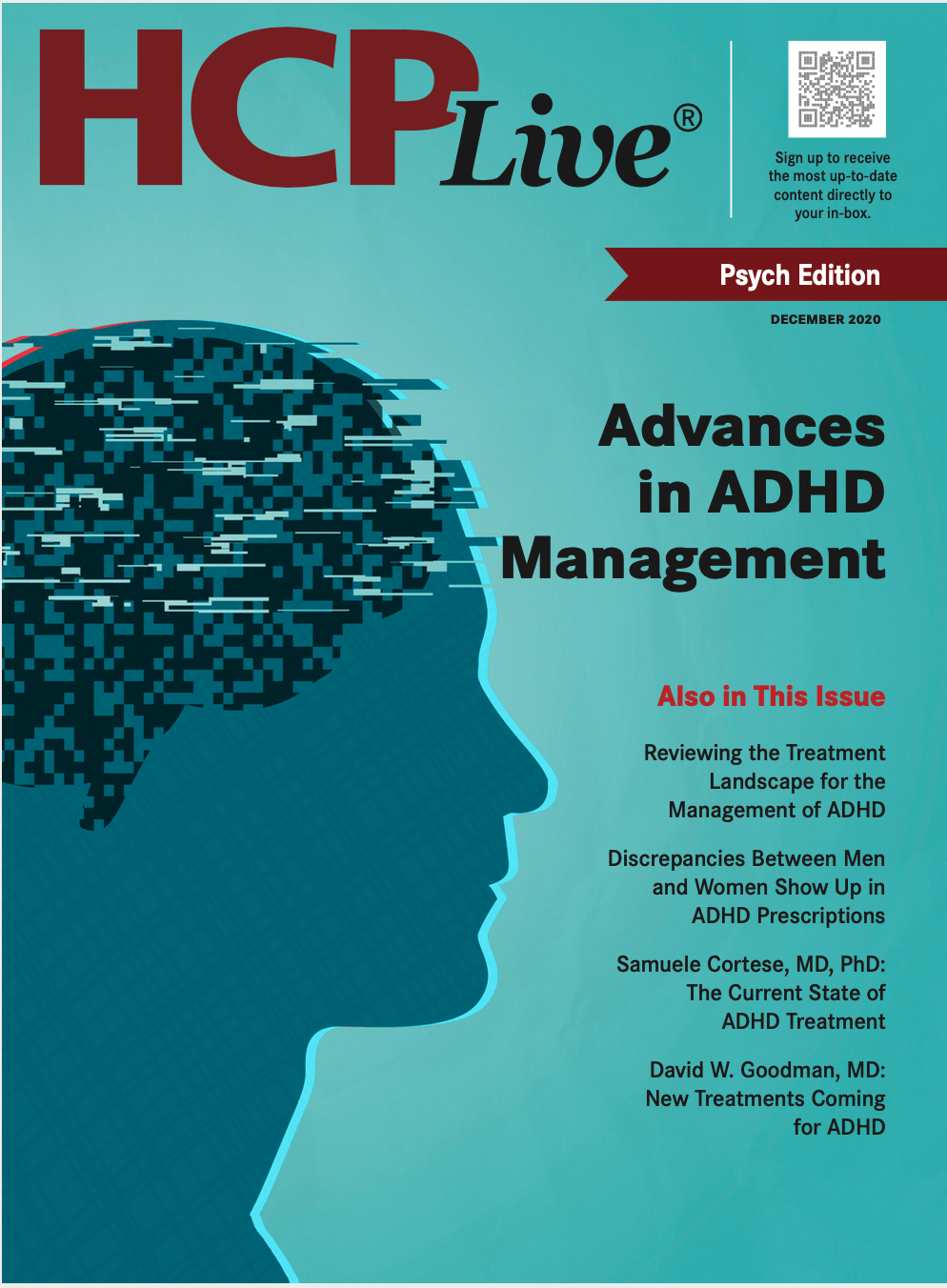Prenatal Acetaminophen Exposure Associated with Increased ADHD Risk
Higher levels of acetaminophen detected in meconium was linked to increased odds of developing ADHD by 6-7 years old.
Brennan Baker, MA

A new study found an association between prenatal acetaminophen exposure and an increased risk for ADHD. These results have led the investigators to suggest that the drug’s use during pregnancy should be re-evaluated.
Despite acetaminophen's widespread use, they noted increasing concerns that it may impair fetal brain development. This may be done directly by inducing oxidative stress and apoptosis in the brain as well as indirectly through disrupting essential developmental hormones.
In this prospective birth cohort study, Brennan Baker, MA, and colleagues at Columbia University Medical Center and Mailman School of Public Health, assessed meconium samples for acetaminophen in newborns as well as further evaluated the same population for ADHD at ages 6-7.
They assessed resting-state brain connectivity using magnetic resonance imaging. Attention problems and hyperactivity were assessed using the Behavioral Assessment System for Children Parent Report Score.
The investigators used linear and logistic regressions to estimate the associations between meconium acetaminophen levels and outcomes. And finally, they used causal mediation analysis to test if resting-state brain mediates the association between prenatal exposure and hyperactivity.
Enrollment occurred from September 2007-September 2009, and data was collected from September 2007-January 2020.
Overall, they included 345 children in their analysis. Of the population, 51.3% were boys and the mean age at follow-up was 6.58 years.
Maker and team noted that acetaminophen was detected in 199 meconium samples (57.7%), with ADHD being detected in 33 children (9.6%).
Acetaminophen detection in meconium was associated with about a 2.5-fold increased odds of ADHD when compared with non-detection (OR, 2.43; 95% CI, 1.41-4.21).
The investigators further stratified acetaminophen meconium into 3 levels of prevalence. Thus, high levels of the drug were associated with a 4-fold increased odds of ADHD (OR, 4.10; 95% CI, 2.41-6.9)—versus a lower odds in low levels of detected acetaminophen (OR, 1.44; 95% CI, 0.79-2.63).
Further, a linear modeling of meconium acetaminophen revealed that each doubling of exposure increased the odds of ADHD by 10% (OR, 1.10; 95% CI, 1.02-1.19).
It was also reported that children with greater levels of acetaminophen detected in meconium showed increased negative connectivity between the frontoparietal and default mode network nodes and 6 clusters in the sensorimotor cortices. The investigators noted this mediated an indirect effect on increased child hyperactivity (14% increase; 95% CI, 1%-26%).
Previous studies have linked use of the pain management medication during pregnancy with increased risk for ADHD, but only one other study has directly measured acetaminophen levels.
They also addressed previous limitations of using and relying on maternal recall of drug use assessed through questionnaires and other such methods.
"By using a direct measurement of prenatal acetaminophen exposure that is unbiased by maternal recall, these results add evidence in support of the association between prenatal acetaminophen use and child ADHD,” Baker and team wrote. "Thus, the association between prenatal acetaminophen and ADHD may be even stronger than previously estimated."
The study, Association of Prenatal Acetaminophen Exposure Measured in Meconium With Risk of Attention-Deficit/Hyperactivity Disorder Mediated by Frontoparietal Network Brain Connectivity,” was published online in JAMA Pediatrics.
